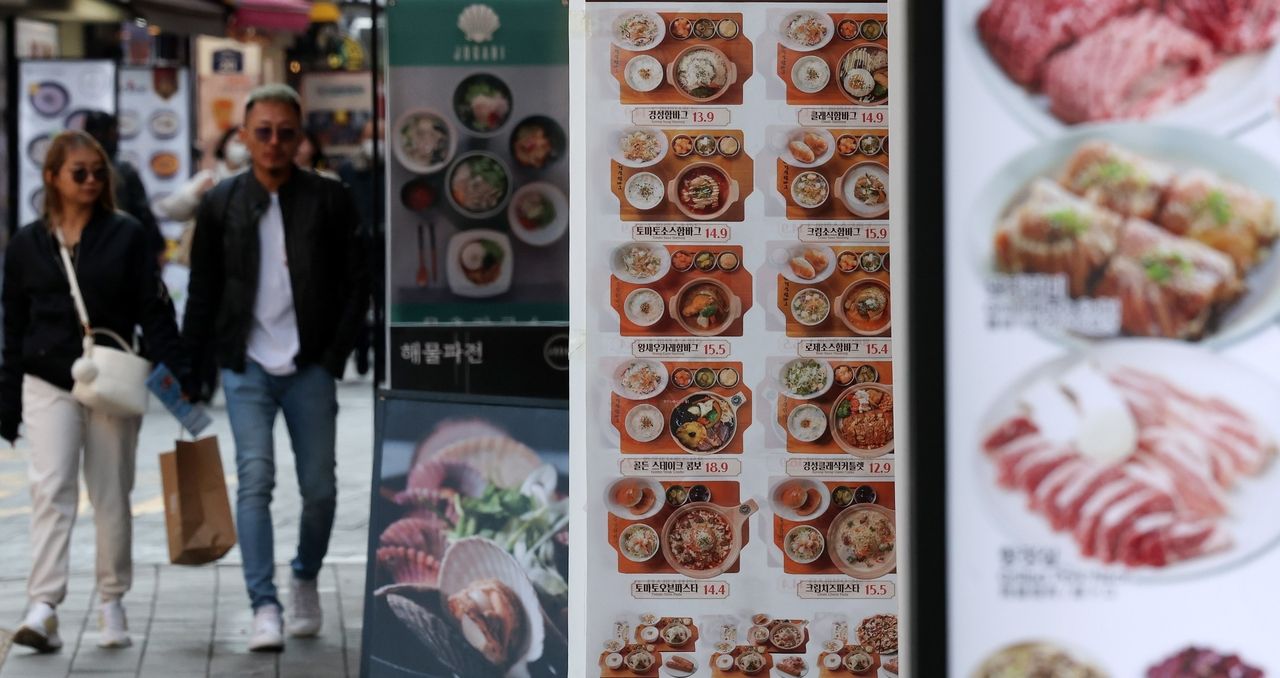Korean restaurants faced the highest closure rate of any cuisine type in 2024, with 2,233 shuttering their doors, while Japanese and Western eateries continued to expand Traditional Korean restaurants are quietly vanishing across South Korea, even as Korean cuisine gains global popularity.
Traditional Korean restaurants are quietly vanishing across South Korea, even as Korean cuisine gains global popularity.
Conversely, Japanese, Western, and Chinese restaurants, along with pizza, burger, and fried chicken chains, are experiencing steady growth, according to the Ministry of Agriculture, Food and Rural Affairs.
Independent operators have been hit hardest. National Tax Service data shows that as of May 2025, there were 410,429 registered Korean restaurant owners, down 2,233 from the previous year. This translates to an average of more than six closures daily over the past 12 months.
Restaurant owners cite several factors for their struggles: reduced consumer spending, escalating food and labor costs, and the rising dominance of food delivery services.
A spokesperson for the Korea Foodservice Industry Association explained that while some Korean dishes like jokbal (braised pig’s feet) are suitable for delivery, most traditional fare doesn’t travel well. “Only franchise brands can absorb the high delivery commissions,” they added.
The Ministry’s 2024 survey found that 74.7% of Korean restaurants reported no delivery orders on an average day, with 78.4% not using delivery apps at all. In contrast, 85.1% of fast-food outlets, such as pizza and sandwich shops, regularly use these platforms.
This shift has led more Korean restaurants to embrace franchising. New entrants increasingly opt for branded operations offering centralized menu development, marketing, and operational support. While the overall number of food franchise brands in Korea dipped slightly in 2024, Korean cuisine brands grew by 4.1% to 3,701, according to the Korea Fair Trade Commission. Franchised Korean restaurant locations also expanded by 3.7%, reaching 41,353.![Franchise seekers browse sample menus and consult with brand representatives at the 2025 Korea Franchise Expo on April 10 in Seoul. Hosted at COEX, the event highlighted the latest trends and opportunities in South Korea's franchise sector. (Korea Franchise Association)]](https://contents-cdn.viewus.co.kr/image/2025/07/CP-2023-0309/30844462_1.jpg) “Despite challenges for traditional Korean restaurants, Korean cuisine has become one of the top three sectors in the franchise industry, alongside fried chicken and coffee,” said Kim Jong-baek, head of policy and communications at the Korea Franchise Association. “It’s tough for individuals to juggle kitchen management, marketing, and menu innovation. That’s why many are turning to franchising.”
“Despite challenges for traditional Korean restaurants, Korean cuisine has become one of the top three sectors in the franchise industry, alongside fried chicken and coffee,” said Kim Jong-baek, head of policy and communications at the Korea Franchise Association. “It’s tough for individuals to juggle kitchen management, marketing, and menu innovation. That’s why many are turning to franchising.”









Most Commented